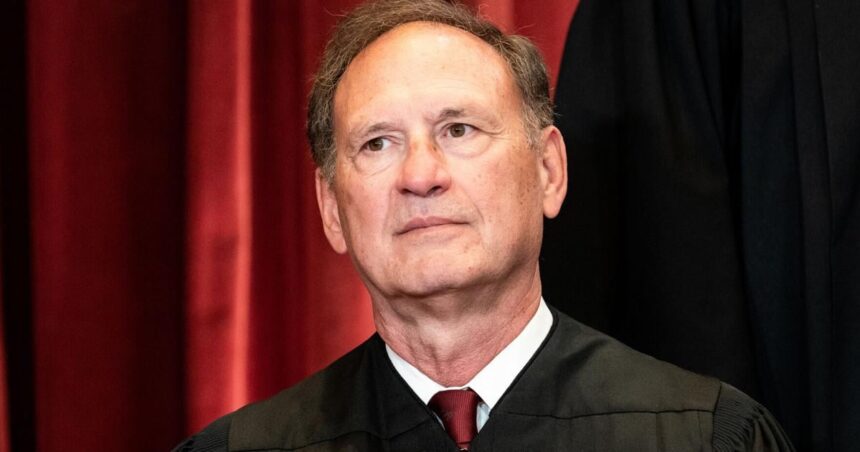Violating journalistic ethics by pretending to hold beliefs that aren’t genuine, querying Supreme Court justices about their views, and covertly recording their responses at a media-restricted dinner is a clear breach. However, the real revelation from the recordings is that they didn’t uncover anything unfamiliar.
Noah Feldman
Notable takeaways include Justice Samuel Alito’s religious beliefs, his wife Martha-Ann’s political flag interests, and Chief Justice John Roberts’ stand on moral decision-making being within the realm of elected officials rather than judges.
Liberal documentarian Lauren Windsor acquired the recording at the annual dinner of the Supreme Court Historical Society, an event often misconstrued. The dinner, accessible to anyone purchasing a $500 ticket, may seem pricey but is relatively cheaper than other non-rich people spend on entertainment. The dinner, held in the grand hall of the Supreme Court building, exudes an elite atmosphere with a black-tie dress code and a niche focus on supporting the court’s historical work.
People are also reading…
At the dinner, the justices are at ease, acting as hosts in their own office. They engage with attendees, showcasing a more personal side. However, the recording has now set the precedence for their awareness of potential recordings by guests.
Windsor’s recordings reveal familiar aspects of the justices. The exchange with Justice Alito acknowledged the challenges in coexisting peacefully amidst fundamental differences. His statements reflected commonly understood truths.
Concerning Martha-Ann Alito and her flag display dilemmas, the conversation showed that she considers displaying a Sacred Heart of Jesus flag in response to a Pride flag in her neighborhood, albeit against her husband’s wishes. Chief Justice Roberts emphasized the distinction between judges and elected officials in shaping moral decisions, negating the notion of the U.S. as a Christian nation guiding judicial decisions.
The emphasis on impartiality and legal interpretation devoid of personal morality, as advocated by Roberts, has its limitations, especially in cases involving moral complexities like racial equality or abortion. Justices should be allowed to exhibit their humanity, incorporating moral values into their judgments.
Justices Thurgood Marshall, Ruth Bader Ginsburg, and even Neil Gorsuch demonstrate how morality can influence judicial decisions positively, counteracting the notion of justices as purely objective entities. Humanizing justices and acknowledging their moral compass can enhance the legal system’s integrity.
Feldman is a law professor at Harvard University and columnist for Bloomberg.





